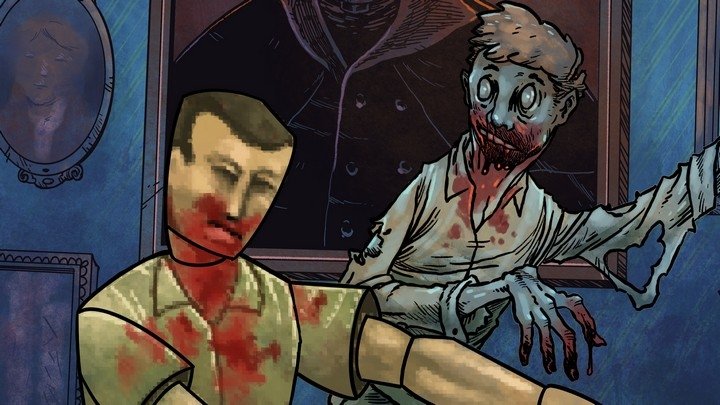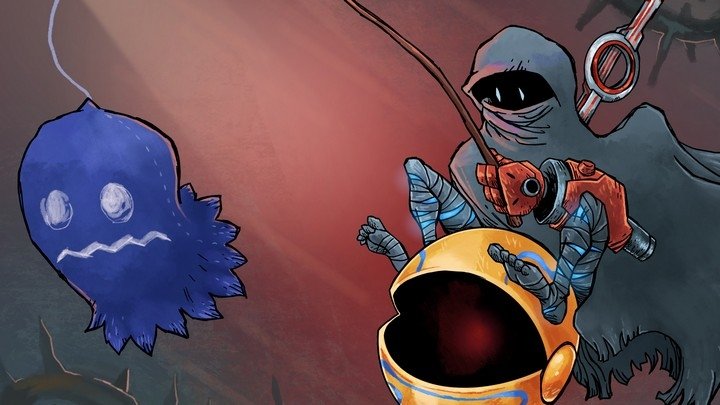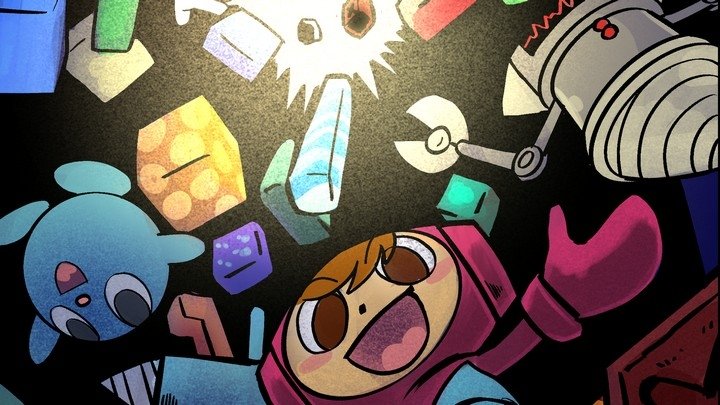RIP Ken Shimura, legendary Japanese TV star
The beloved comedian/musician/author/actor left his mark on the video game world as well
Ken Shimura, a Japanese celebrity whose decades of work across multiple mediums left a lasting impression both in his home country and abroad, passed away this week on March 29 from pneumonia related to COVID-19 at the age of 70.
Born Yasunori Shimura in 1950 in Tokyo, he first used his stage name (taken from his father's name, Kenji) when he entered the world of Japanese comedy as one half of a duo called Mac Bonbon. Two years later he achieved fame when he became a full-fledged member of The Drifters, a comedy act/rock band, and regularly appeared on their television program Hachiji dayo! Zen'in shugo playing the guitar and performing in sketches.
After The Drifters' show ran its course in 1985, Shimura and fellow Drifter Cha Kato starred in a new variety show called Kato-chan Ken-chan Gokigen TV which led to worldwide fame. One of the segments on the program had the two hosts showing and laughing along with home video recordings sent in from viewers. The success of the show caught the eye of the American Broadcasting Company who adopted the idea into America's Funniest Home Videos in 1989. Kato & Shimura's program ended in 1992 but the American version still airs to this day and acknowledges its Japanese inspiration during the end credits.
Fans of Retronauts will most likely know Shimura and Kato from the PC Engine game Kato-chan Ken-chan, an adventure along the lines of Wonder Boy or Adventure Island. Originally released in Japan in 1987, the game would be localized for the U.S. as JJ & Jeff for the Turbografx-16 three years later. The comedians' likenesses were removed, as was most of the explicit scatological humor.

However, this was not even Shimura's first appearance in a video game. His most popular character, created during his time with The Drifters, was Bakadono (think "Sir Stupid" or "His Majesty, the Idiot"). Dressed in fancy robes and wearing kabuki-style white face paint, Bakadono was a lecherous fool designed to mock the rich and powerful. The character was so well known in the early ’80s that Konami released a special version of Hyper Olympic (known abroad as Track & Field) for the Nintendo Famicom that featured the Bakadono character as an athlete. Nearly twenty years later, Bakadono would get another video game, Shimura Ken no Bakadono-sama Bakusho Tenkaryuichi Game, a board game-style title for the Game Boy Advance.
Even at 70 years old, Ken Shimura remained an active force in Japanese media. He continued to host two separate weekly TV programs (not counting ongoing specials) along with his own radio show, he had recently filmed an appearance in an upcoming drama on public broadcaster NHK, and he was slated to star in a film adaptation of Japanese novel The Name Above the Title (Kinema no Kamisama, 2008) when he fell ill two weeks ago and was forced to drop out. Before his pneumonia, he had been hospitalized as recently as January of this year; he came to fame in an era when smoking on television was the norm and reportedly went through three packs a day until 2016. Just days after Americans had been shocked to learn of Tom Hanks and Rita Wilson contracting the novel coronavirus, reports of Shimura's COVID-19 diagnosis became instant headline news in Japan.
With almost 50 years in show business and a legacy that includes television programs, feature films, hit records, books, video games, and even pachinko machines bearing his likeness, Ken Shimura's death was a shock to generations of Japanese society when it was announced publicly early Monday morning. Whether directly through his own work or indirectly through works derived from his beloved characters, Ken Shimura leaves behind a sizable legacy which exceeds that of most comedians - regardless of nationality. R.I.P.




